Rosacea is a common chronic skin condition that primarily affects facial skin, leading to redness, visible blood vessels, and sometimes acne-like bumps. Managing rosacea effectively requires understanding the latest advancements in treatment options designed to target its underlying causes and symptoms. Recent innovations have revolutionized how dermatologists approach rosacea, offering more personalized, effective, and minimally invasive solutions. For individuals seeking Rosacea Treatment in Abu Dhabi, staying informed about these cutting-edge developments can significantly enhance their skin health and overall quality of life.
Breakthroughs in Topical and Oral Therapies
Enhanced Topical Formulations
One of the key areas of progress involves the development of advanced topical treatments. These formulations now contain innovative ingredients that provide better control over inflammation and redness, often with fewer side effects. Modern topical agents are designed to penetrate deeper layers of the skin, addressing the vascular and inflammatory components of rosacea more effectively.
Novel Oral Medications
In addition to topical options, recent advances include the introduction of targeted oral medications. These are particularly useful for managing severe or persistent cases. Newer drugs aim to modulate immune responses and reduce skin inflammation from within, providing a more comprehensive approach to rosacea management.
Laser and Light-Based Therapies
Precision Laser Treatments
Laser technology has seen significant improvements, offering highly targeted treatments that diminish visible blood vessels and redness. Modern laser systems are more precise, causing minimal discomfort and downtime, which makes them suitable for a broader range of skin types.
Intense Pulsed Light (IPL)
IPL therapy is another innovative approach that uses broad-spectrum light to treat redness and visible vessels effectively. It works by selectively targeting hemoglobin in blood vessels, reducing their appearance and improving skin clarity. The latest IPL devices are tailored to individual skin profiles, enhancing safety and results.
Emerging Technologies and Non-Invasive Procedures
Radiofrequency and Ultrasound
Emerging non-invasive procedures utilize radiofrequency and ultrasound technologies to stimulate collagen production and strengthen blood vessel walls. These treatments can help improve skin texture and vascular stability, offering a holistic approach to rosacea management.
Photodynamic Therapy (PDT)
Photodynamic therapy combines light exposure with photosensitizing agents to target abnormal blood vessels and inflammation. It is gaining popularity as a minimally invasive option that can provide longer-lasting results with fewer sessions.
Personalized and Integrated Treatment Strategies
Customized Treatment Plans
The trend towards personalized medicine has led to the development of tailored treatment plans based on individual skin types, severity, and triggers. Combining various modalities—such as topical therapies, laser treatments, and lifestyle modifications—can optimize outcomes.
Role of Skincare and Lifestyle
Advances also emphasize the importance of skincare routines and lifestyle adjustments. Modern products focus on barrier repair, hydration, and sun protection, all tailored to sensitive skin conditions like rosacea. Identifying and avoiding personal triggers remains a crucial component of comprehensive care.
The Future of Rosacea Treatment
Innovative Research and Future Directions
Ongoing research aims to understand the genetic and molecular mechanisms underlying rosacea better. Future treatments may involve targeted biologic therapies, gene editing, or novel drug delivery systems. The integration of artificial intelligence and teledermatology is also poised to enhance personalized care and remote monitoring.
Holistic Approaches and Patient Education
In addition to medical advancements, there is a growing focus on holistic approaches, including stress management, diet, and behavioral therapies. Educating patients about their condition and involving them in treatment decisions can lead to more sustainable and satisfactory outcomes.
Conclusion
Staying abreast of the latest advances in rosacea treatment empowers individuals to manage their condition more effectively. With a variety of innovative therapies now available, personalized approaches are becoming the norm, offering hope for clearer, healthier skin. If you’re exploring Rosacea Treatment Abu Dhabi, consult with qualified dermatologists who can tailor the most suitable, up-to-date treatment options to your unique needs and skin profile.
FAQs
1. What are the most effective recent treatments for rosacea?
Recent treatments include advanced topical agents, laser and light therapies, and non-invasive procedures like radiofrequency and ultrasound, all aimed at reducing redness, visible vessels, and inflammation with improved precision and safety.
2. How do laser treatments improve rosacea symptoms?
Laser treatments target abnormal blood vessels and redness directly, causing them to collapse or fade, which results in a noticeable reduction in facial redness and a more even skin tone.
3. Can lifestyle modifications complement rosacea treatments?
Absolutely. Avoiding known triggers, using gentle skincare, protecting skin from the sun, and managing stress can enhance the effectiveness of medical treatments and prevent flare-ups.
4. Are there future therapies expected to revolutionize rosacea management?
Yes, ongoing research into biologic drugs, gene therapies, and AI-driven personalized care holds promise for even more effective and targeted rosacea treatments in the future.

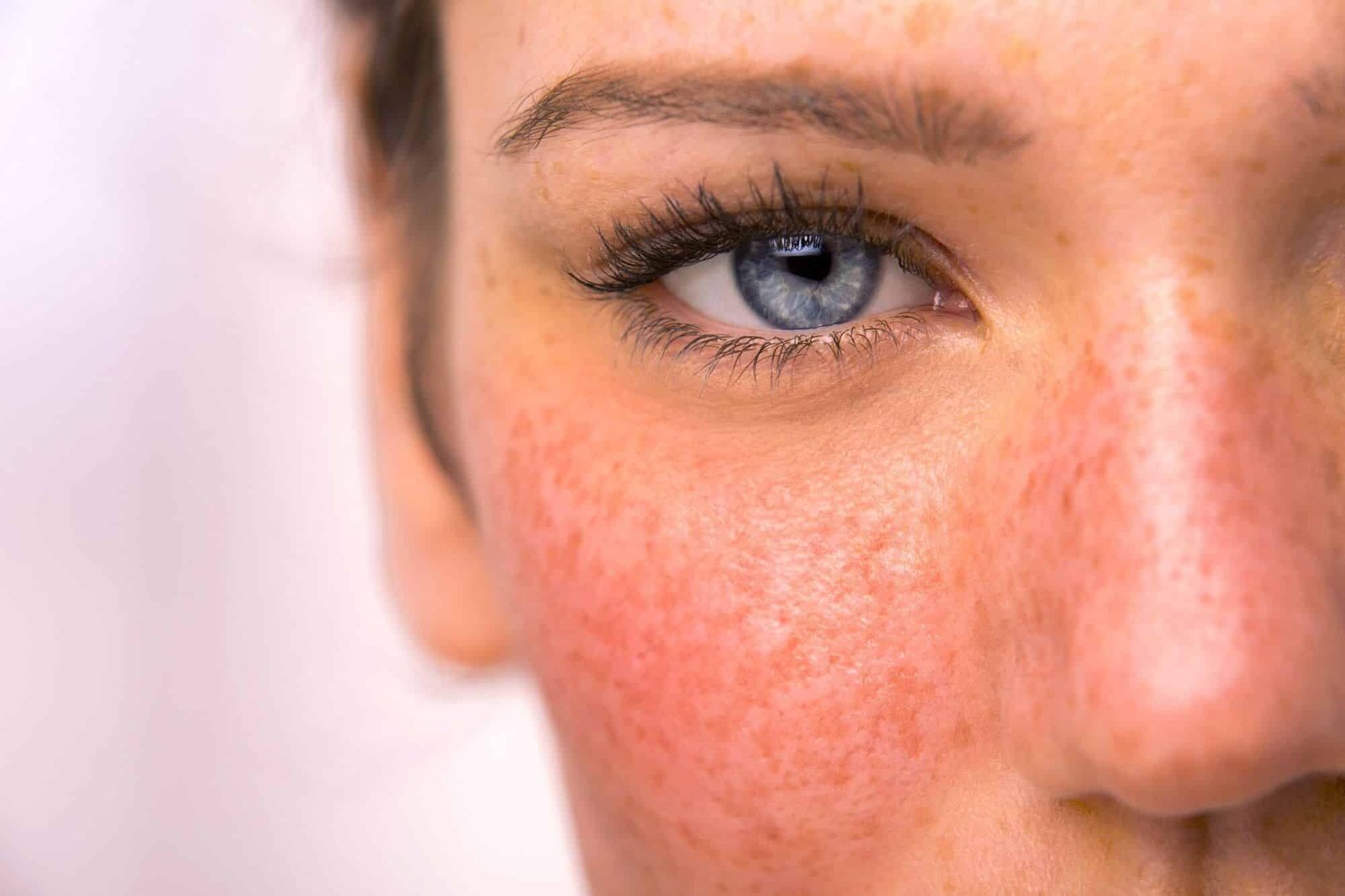
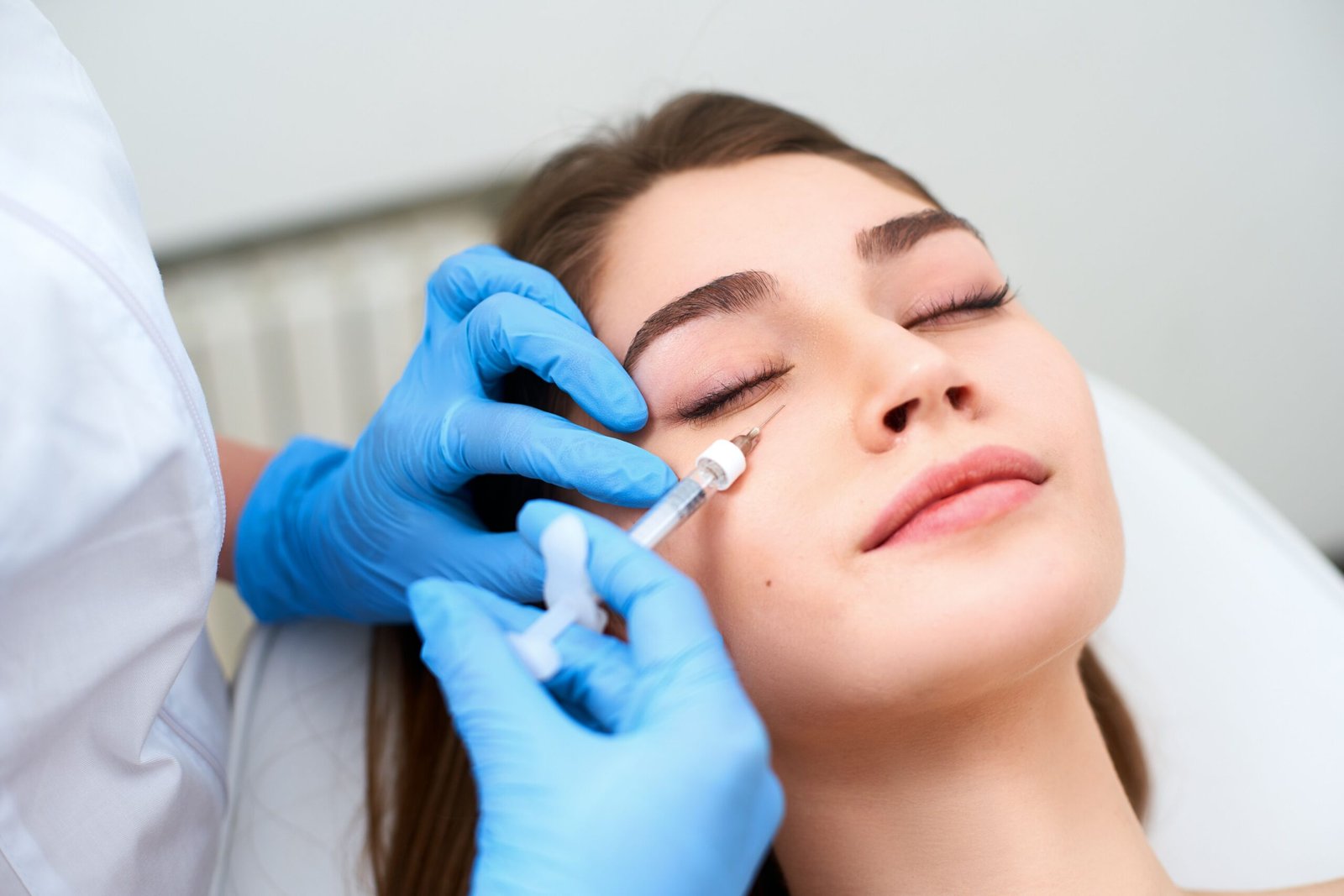
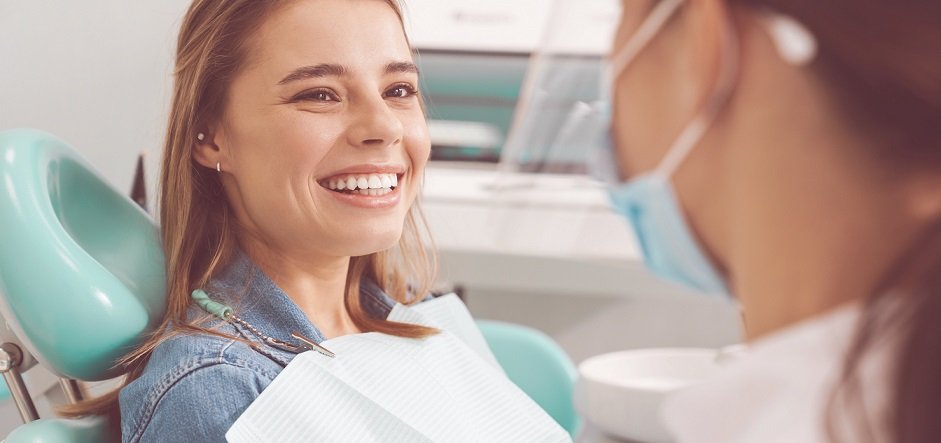
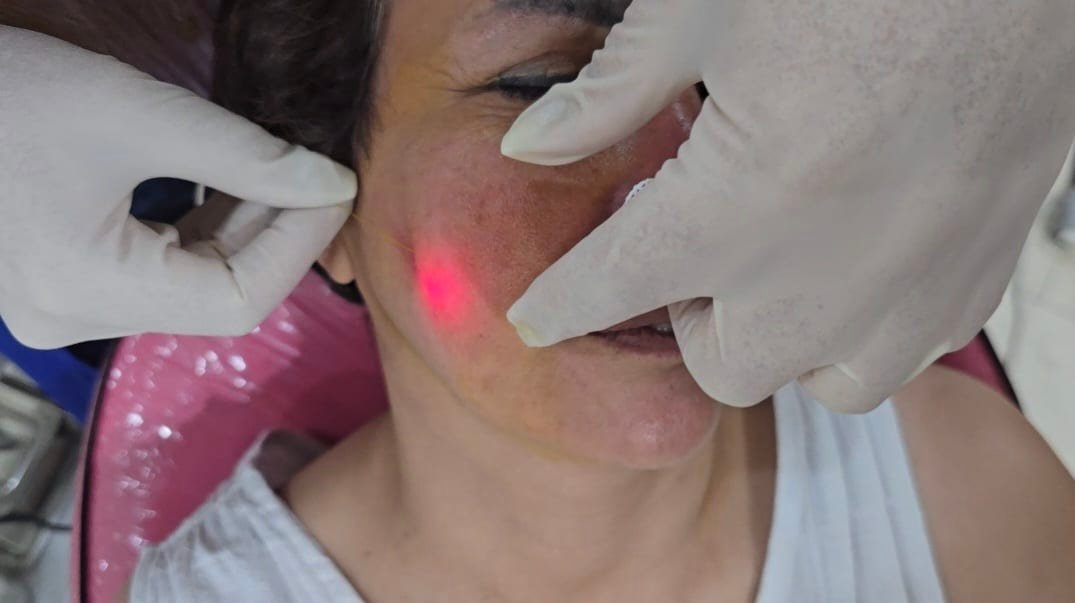

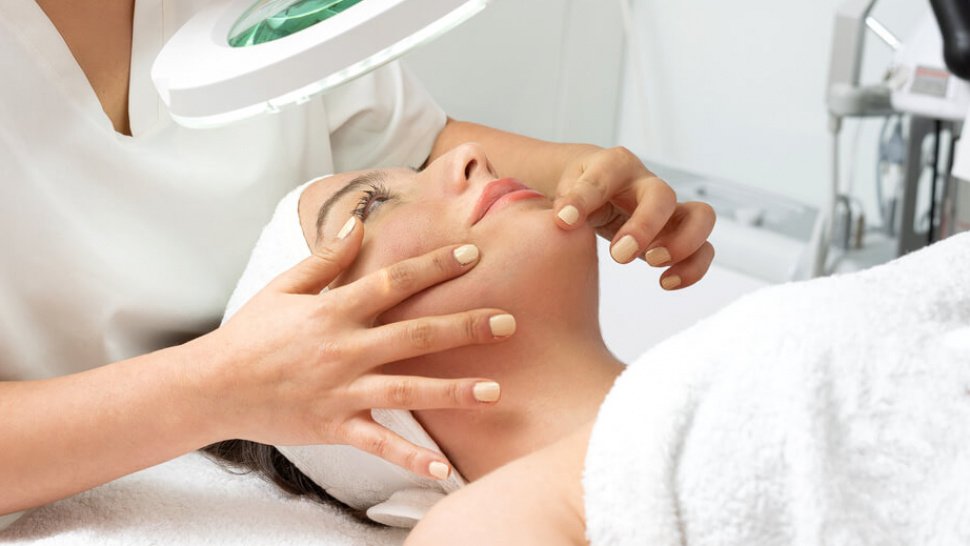


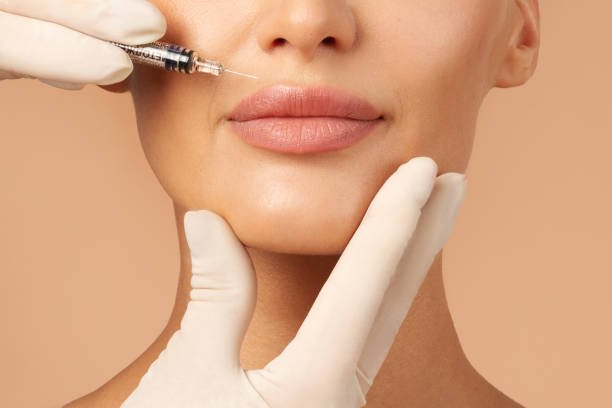

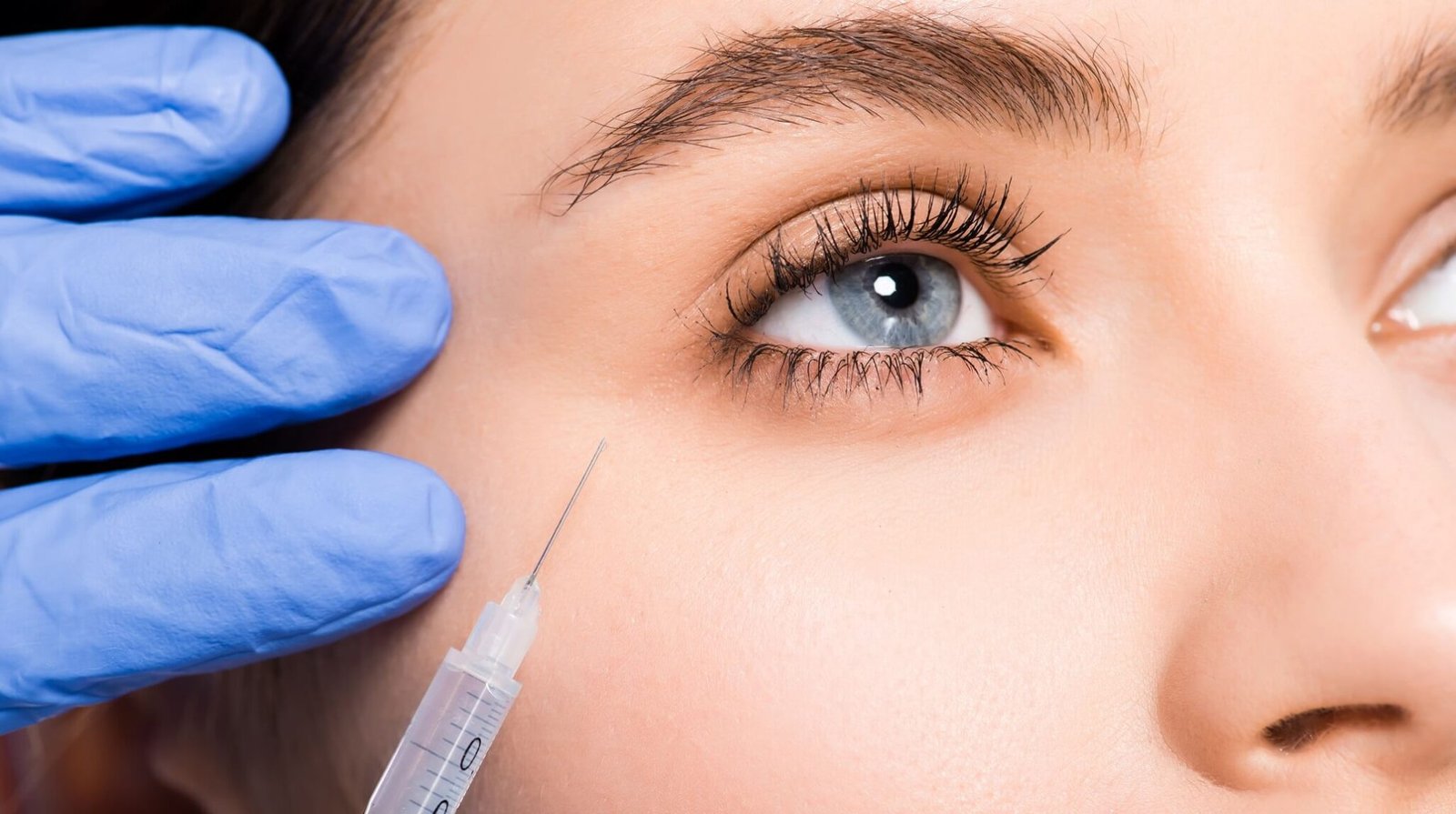
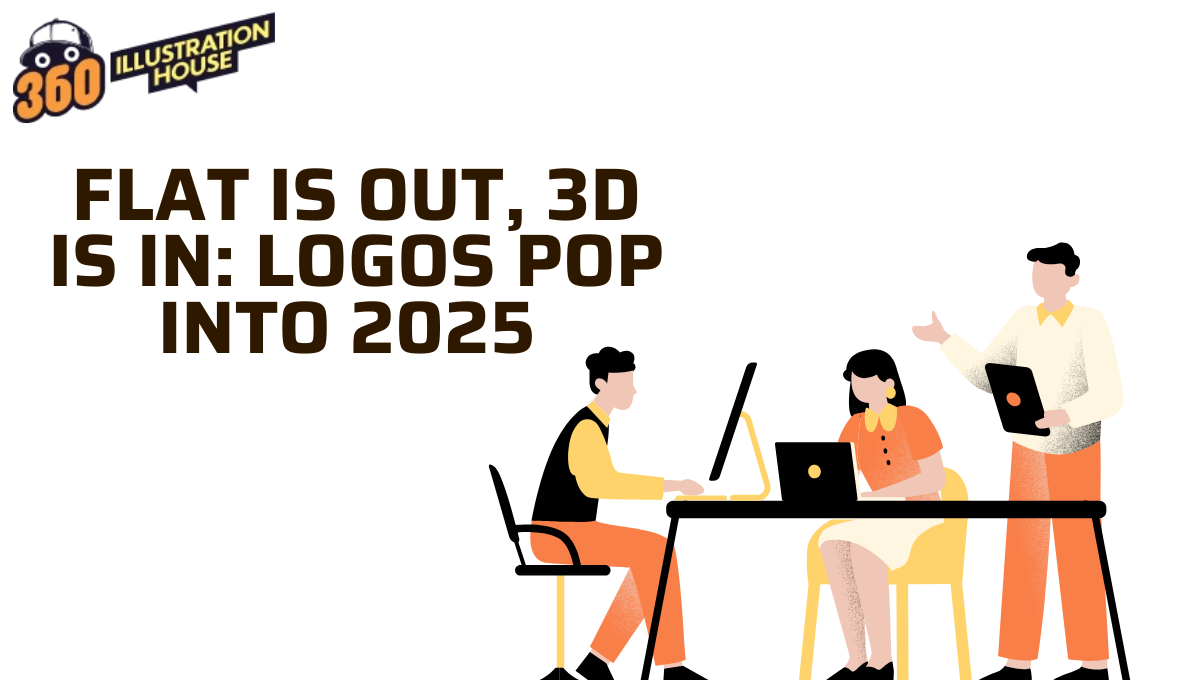

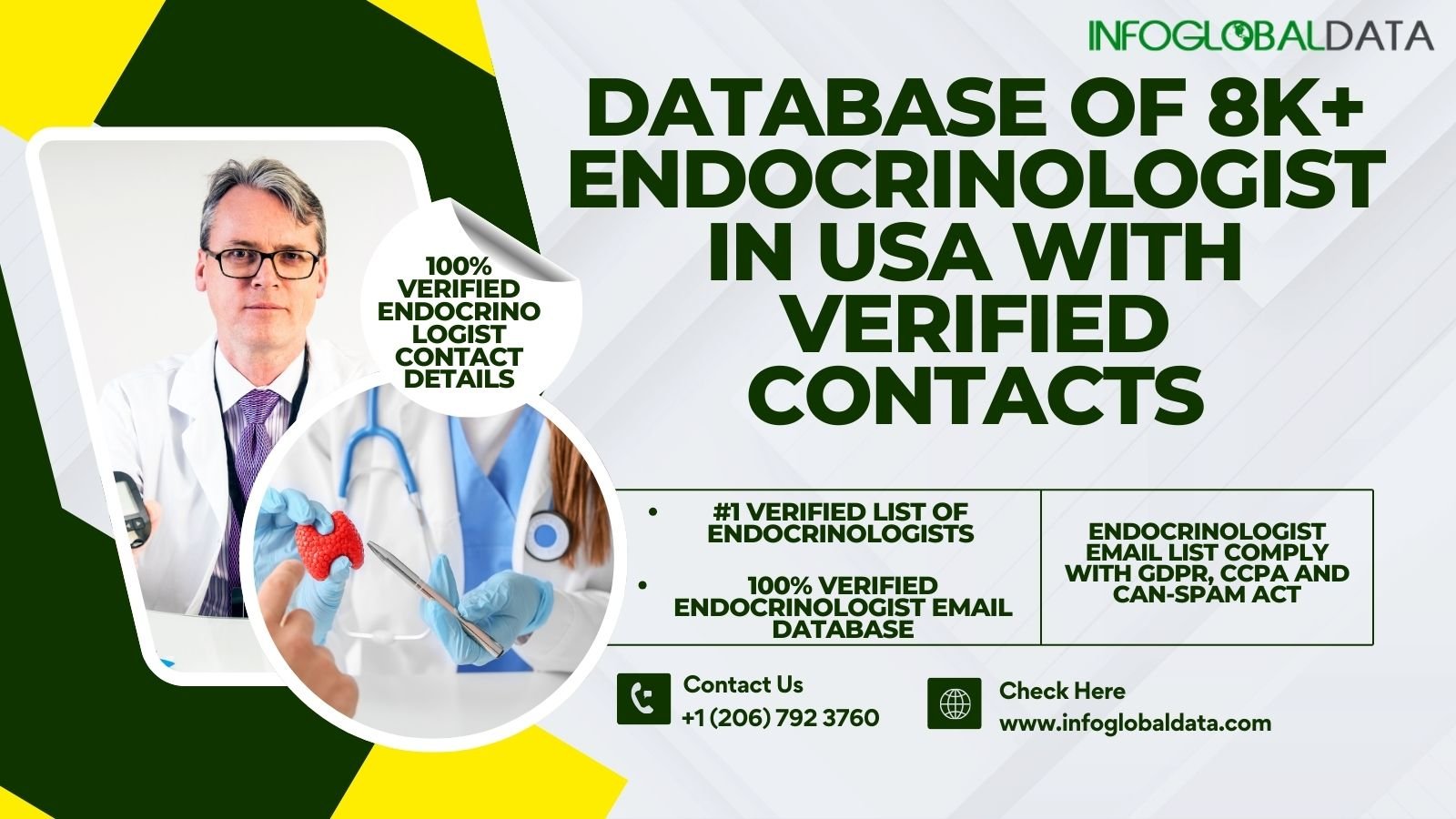

Leave a Reply